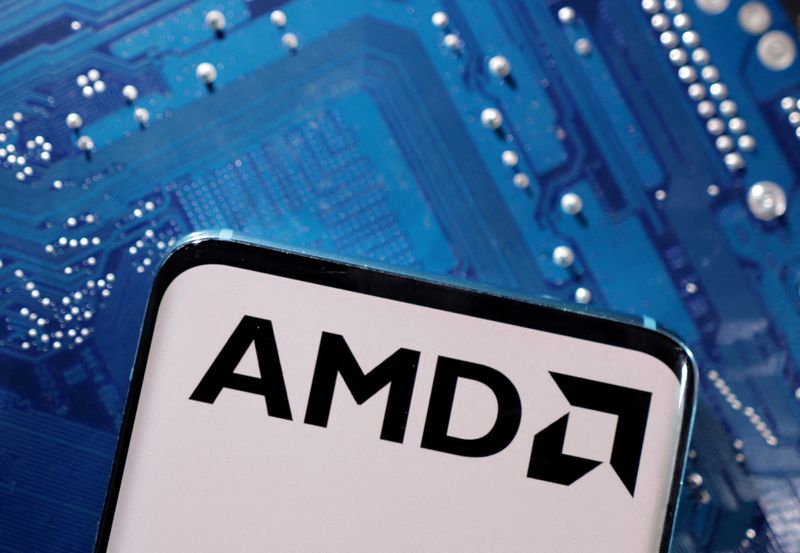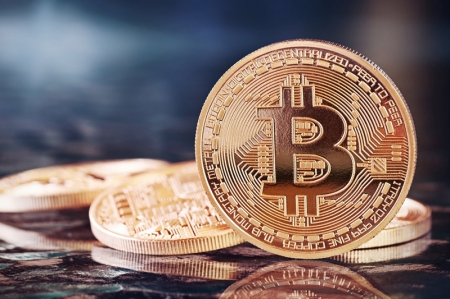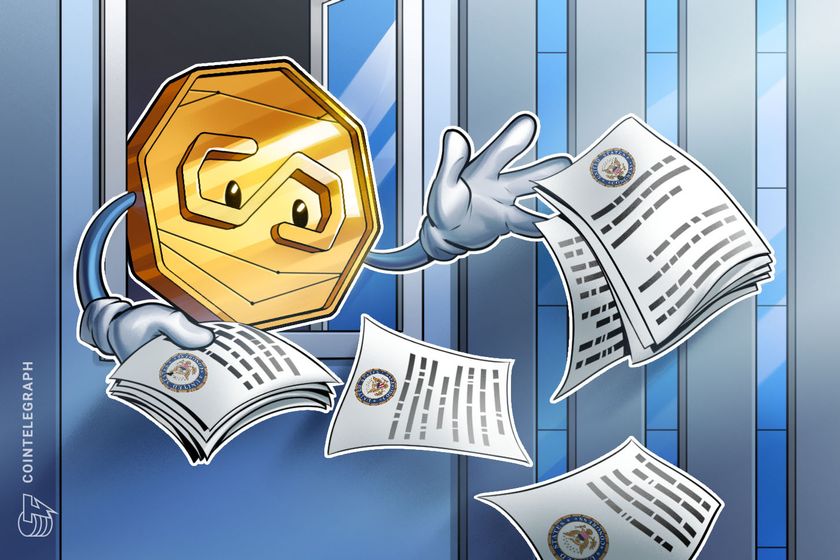What Is Cryptocurrency? A Beginner's Guide to the Future of Money

What Is Cryptocurrency? A Beginner's Guide to the Future of Money
Cryptocurrency is more than just a buzzword—it’s a technological breakthrough that’s transforming how we think about money, finance, and digital ownership. If you've ever been curious about Bitcoin, Ethereum, or the blockchain but didn't know where to start, this guide will walk you through the fundamentals in a clear and simple way.
What Is Cryptocurrency?
A cryptocurrency is a digital or virtual currency that uses cryptography to secure and verify transactions. Unlike traditional currencies issued by governments and controlled by central banks, cryptocurrencies are typically decentralized and operate on a public ledger called the blockchain.
This means:
No banks or middlemen are needed.
Transactions are peer-to-peer.
It offers transparency and security in a trustless environment.
The Role of Blockchain
At the heart of every cryptocurrency is blockchain technology. Think of it as a digital ledger that records all transactions across a network of computers.
Each “block” contains a batch of verified transactions, and these blocks are linked together in a chain. Once added, data in any given block cannot be changed without altering every subsequent block, which makes the blockchain highly secure.
A Brief History of Cryptocurrency
2009: Bitcoin is launched by an anonymous figure (or group) named Satoshi Nakamoto.
2011–2014: Early altcoins like Litecoin and Dogecoin appear.
2015: Ethereum introduces smart contracts—programs that run on blockchain.
2017: Massive bull run brings crypto to public attention; Bitcoin hits $20,000.
2020–2023: Explosive growth of DeFi, NFTs, and Layer 2 solutions.
Why Do Cryptocurrencies Matter?
🔐 Decentralization
No central authority controls your funds—you do.
🌍 Global Transactions
Send and receive funds anywhere, instantly, and often for lower fees than traditional systems.
💡 Innovation
Crypto powers smart contracts, decentralized applications (dApps), NFTs, and more.
📉 Hedge Against Inflation
In some countries with volatile fiat currencies, crypto serves as a digital store of value.
How to Use Cryptocurrency
Get a Wallet: This is where your crypto is stored. There are hot wallets (connected to the internet) and cold wallets (offline).
Buy Cryptocurrency: Use reputable exchanges like Coinbase, Binance, or Kraken.
Make Transactions: Send crypto to other wallets or pay at merchants that accept it.
Invest or Stake: Many cryptos offer staking rewards or investment potential.
Explore Web3: Use your crypto to interact with decentralized apps (DeFi, games, marketplaces, etc.).
Pros and Cons of Cryptocurrency
Pros:
Ownership and control of your funds
Reduced transaction costs
Transparency and security
Innovative new financial tools
Cons:
Price volatility
Regulatory uncertainty
Risk of scams and hacks
Learning curve for new users
Common Cryptocurrencies You Should Know
Name Symbol Main Use Case Bitcoin BTC Store of value, payments Ethereum ETH Smart contracts and dApps Solana SOL High-speed applications Tether USDT Stablecoin pegged to USD Chainlink LINK Decentralized oracle services
Is Cryptocurrency Safe?
It can be—as long as you take security seriously:
Use strong passwords and 2FA.
Never share your private keys or seed phrase.
Double-check links and emails to avoid phishing scams.
Store large amounts in hardware (cold) wallets.
The Future of Cryptocurrency
Crypto is rapidly evolving:
Central Bank Digital Currencies (CBDCs) are being explored globally.
Regulation is increasing, aiming to protect consumers while fostering innovation.
Mainstream adoption is growing—more companies accept crypto every year.
Web3 and the metaverse will likely be built using crypto infrastructure.
Final Thoughts
Cryptocurrency is still in its early stages—like the internet in the 90s. It comes with risks, but also enormous potential. Whether you're here to invest, innovate, or simply understand, learning about crypto puts you ahead in a world that’s quickly going digital.
Start small. Stay informed. And always keep your keys safe.


































